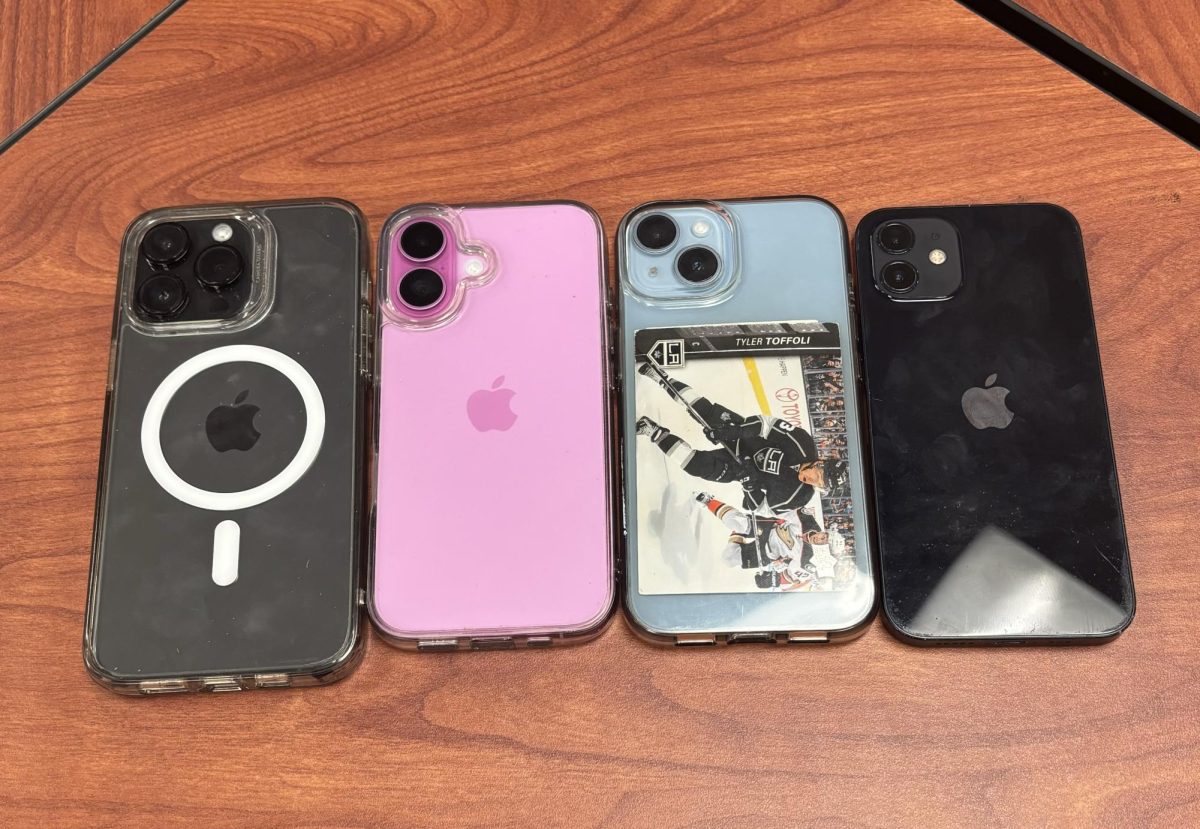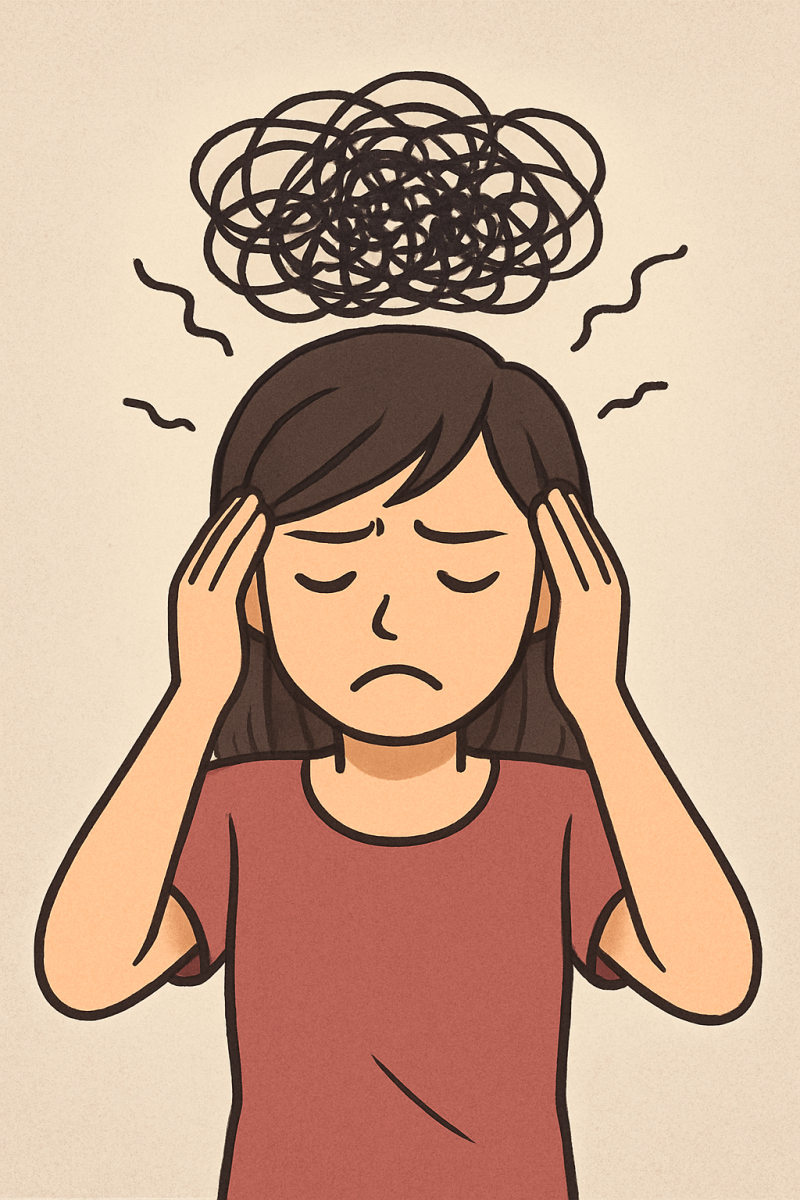Despite being constantly connected, many people feel more alone than ever. As technology shapes our lives and how we interact, it’s important to ask: is technology helping us connect or making us feel alone?
Technology has changed how we stay in touch. Long distance relationships can thrive through phone calls, families can stay connected, and online communities can offer support to those who feel alone. In many ways technology can be a powerful tool for connection.
However, these connections sometimes come at a cost. Online interaction isn’t the same as human contact. The convenience of messaging often replaces deeper conversations, and social media creates a false sense of connection while actually increasing the feeling of disconnection. Studies have shown that excessive screen time can be linked to anxiety, depression, and loneliness.
According to psychologytoday.com, “When technology takes the place of in-person relationships, it has been found to increase loneliness and disconnection.” This explains the growing concern: while technology can help us stay in contact, it can’t fully replicate the emotional connection that comes from human contact. As more people turn to screens instead of spending time with others, the risk of feeling disconnected and alone grows.
Social comparison on social media is another reason technology makes us feel alone. Looking at other individuals’ social media can cause us to feel left out or inadequate. Constant comparison can cause feelings of loneliness and low self-esteem.
Negative experiences online like cyberbullying can cause people to feel overwhelmed and emotionally drained, leading to withdrawal from real relationships. According to eatingrecoverycenter.com, “Cyberbullying can lead to feelings of isolation, self-doubt, and emotional distress.”
If you feel alone and any of these things are bothering you should reach out to a parent or a responsible adult and express how you feel. If you don’t feel comfortable talking to someone in person, you can reach out to online communities. People should also practice self-care, listen to music, take a walk, or engage in activities.
Technology isn’t the problem; it’s how we use it. If we are intentional about how we use technology to create new connections or just connect with family and friends, it can bring people closer. But if we let it replace meaningful interactions, it might make us feel more alone.







